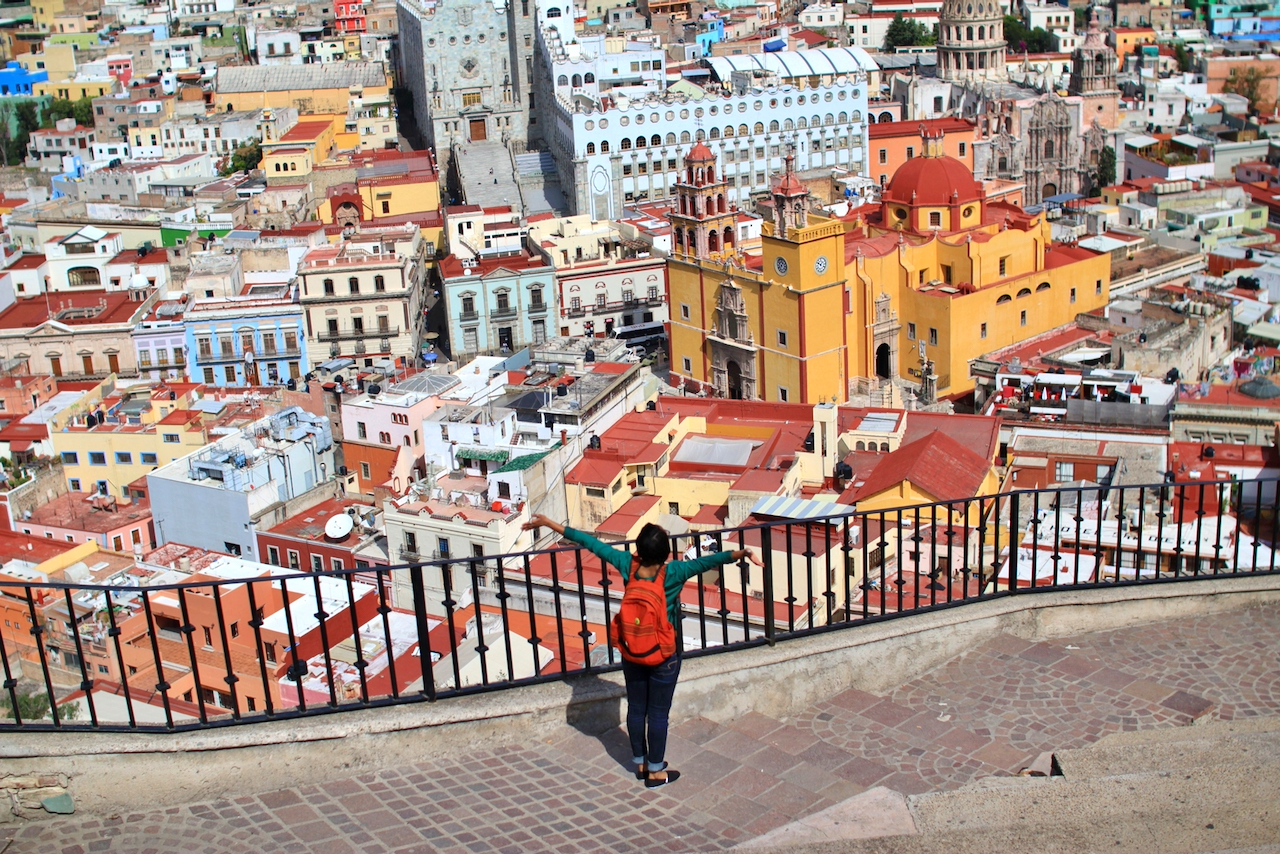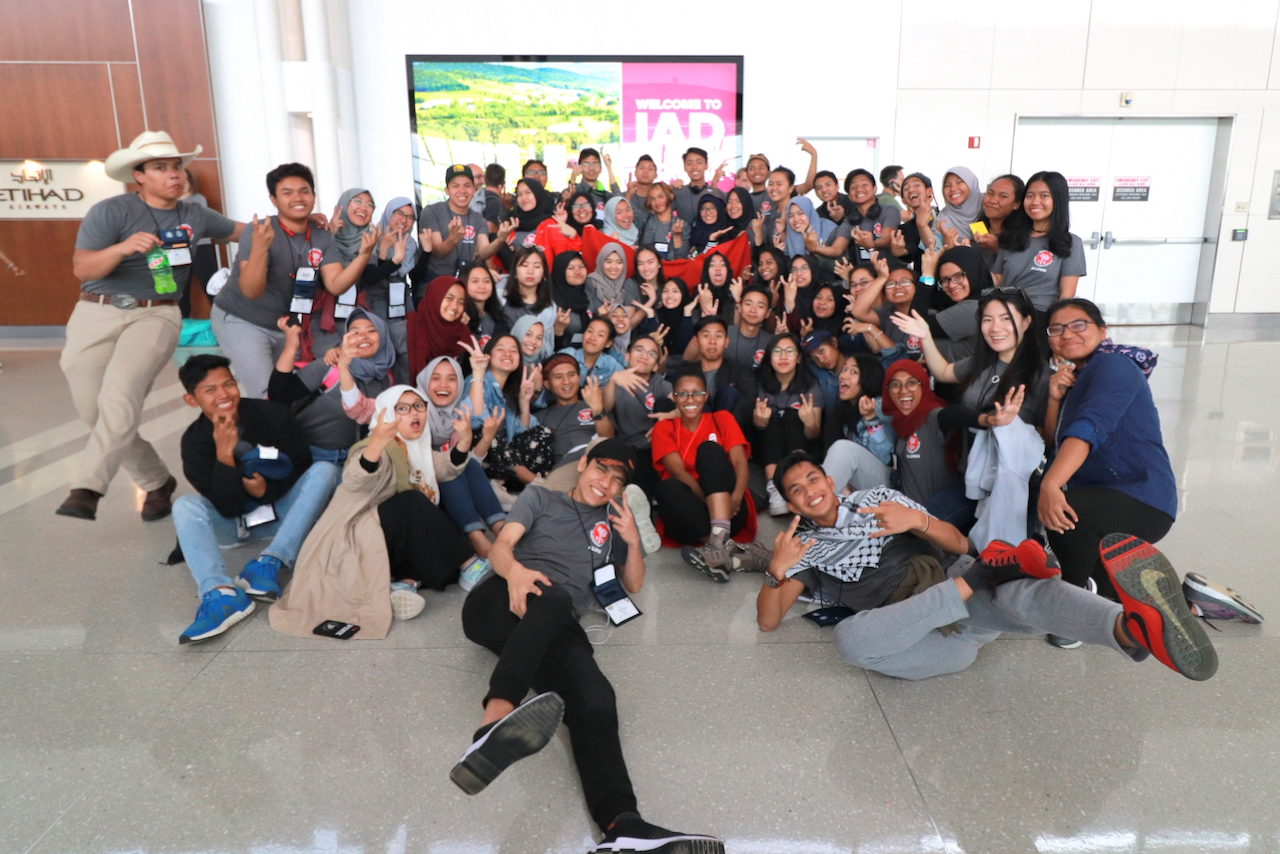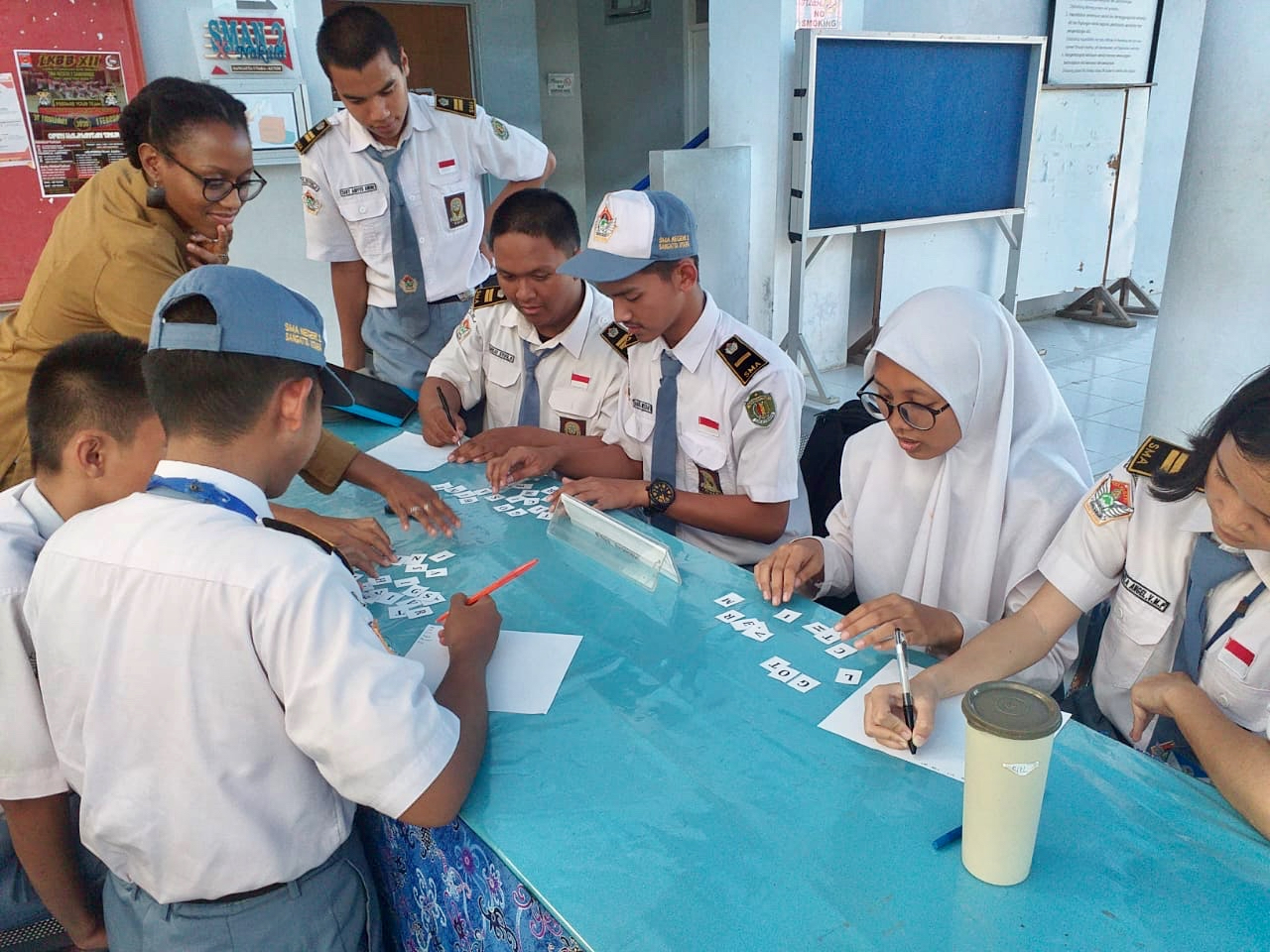By Janika Berridge, Thomas R. Pickering Fellow and Graduate Student in the Master of Public Diplomacy at the University of Southern California
Volunteering led me to diplomacy, and it began with studying abroad.
My journey started with my first study abroad experience in Costa Rica in 2012, and I became hooked on travel and global exchange. After my program ended, I attended a re-entry conference, where I learned about a professional field called international education. No other profession had spoken to me so strongly. I wanted to work in international education to promote professional growth through global exchanges and was eager to return abroad.

Admiring the views during my three-week language immersion program in Guanajuato, Mexico. All photos provided by author.
I pursued a three-week language immersion program in Mexico before the start of senior year, and after graduation, I studied Spanish in Ecuador via a National Collegiate Hispanic Honor Society scholarship. Although I was unsuccessful in receiving a Fulbright English Teaching Assistantship (ETA) to Spain or an entry-level job in international education, I continued to seek opportunities for global engagement.
In the same year that I began working full-time as a college admissions counselor, I also became a volunteer for my local area team of the nonprofit, international exchange organization, AFS-USA. Volunteering with AFS changed my life. I facilitated small-group discussions at orientations, served as a liaison to exchange students and their host families, and interviewed local high school students for U.S. Department of State-funded scholarships. I joined cultural activities with the students and AFS volunteers, a dedicated group of global-minded, everyday citizens who simply wanted to pass peace forward.

Serving as an AFS-USA flight chaperone for 58 Indonesian exchange students on their journey from Washington, DC to Jakarta, Indonesia
AFS taught me the meaning of public diplomacy (people-to-people diplomacy) and about the opportunities available through the U.S. Department of State, inspiring me to work with exchange programs even more. Through AFS, I chaperoned a group of 58 Indonesian exchange students in 2018 on their journey home. The students and my time in Indonesia inspired me to pursue a 2019-2020 Fulbright ETA to Indonesia—an experience that influenced my future career plans.
In my remote Indonesian town, I introduced my students to critical, yet underrepresented U.S. cultural perspectives. It was the first time many in my community interacted with a foreigner or learned that people in the United States could have dark skin, too. My community included me in weddings, church services, holiday celebrations, and even hospital visits. I joined a local English community’s weekly meetings where we discussed topics ranging from foreign language study and cultural traditions to friendship and mental health. I also shared U.S.-sponsored exchange programs for Indonesians to study in the United States (which three people received).
My community challenged the behavioral expectations I held for Indonesians as I challenged my community’s perception of the United States and its people. Through candid conversations, I recognized the common humanity in people’s everyday struggles, doubts, and desires. These interactions underscored the importance of exchanges, and I resolved to pursue a career in public diplomacy.

Facilitating Martin Luther King Jr. Day activities for the English club as a Fulbright English Teaching Assistant in East Kalimantan, Indonesia
Because of my Fulbright grant, I learned more about the U.S. Foreign Service and was surprised at how my experiences and interests aligned with the role of a public diplomacy officer. I applied for one of the U.S. Department of State’s foreign affairs graduate fellowships—to become a U.S. Foreign Service Officer (diplomat)—three times before receiving the Thomas R. Pickering Foreign Affairs Graduate Fellowship in December 2022, less than a year after starting my position as a contractor with the Bureau of Educational and Cultural Affairs.
Now a second-year graduate student in the Master of Public Diplomacy program at the University of Southern California, I look forward to becoming a U.S. diplomat in 2025. Diplomacy is a natural extension of my international education pursuits and builds on my desire to foster international relationships and understanding. As I have learned from years of volunteering with AFS and through my graduate program, exchange programs are some of our most powerful public diplomacy tools. I remain a proponent of the programs that set me on the path to diplomacy more than 10 years ago and an even stronger advocate for volunteering with exchange programs.
Over the last decade, I have built my intercultural skills through local volunteer work and other people-to-people exchanges, both here in the United States and abroad. If it were not for AFS and the series of opportunities that followed, I may not have decided to become a diplomat. Career paths do not always follow set timelines, and there is value in building a professional portfolio locally and voluntarily.
